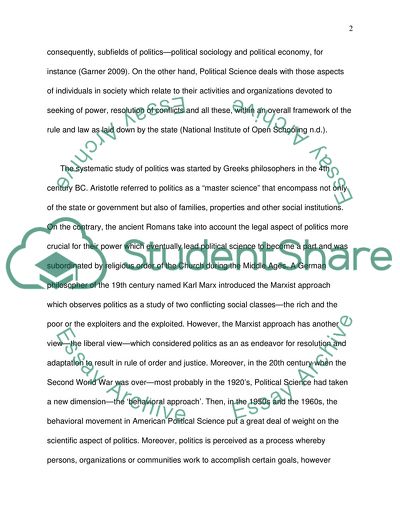Cite this document
(Behaviouralism as Valuable Approach to the Study of Politics Case, n.d.)
Behaviouralism as Valuable Approach to the Study of Politics Case. Retrieved from https://studentshare.org/sociology/1729623-is-behaviouralism-still-a-valuable-approach-to-the-study-of-politics
Behaviouralism as Valuable Approach to the Study of Politics Case. Retrieved from https://studentshare.org/sociology/1729623-is-behaviouralism-still-a-valuable-approach-to-the-study-of-politics
(Behaviouralism As Valuable Approach to the Study of Politics Case)
Behaviouralism As Valuable Approach to the Study of Politics Case. https://studentshare.org/sociology/1729623-is-behaviouralism-still-a-valuable-approach-to-the-study-of-politics.
Behaviouralism As Valuable Approach to the Study of Politics Case. https://studentshare.org/sociology/1729623-is-behaviouralism-still-a-valuable-approach-to-the-study-of-politics.
“Behaviouralism As Valuable Approach to the Study of Politics Case”. https://studentshare.org/sociology/1729623-is-behaviouralism-still-a-valuable-approach-to-the-study-of-politics.


